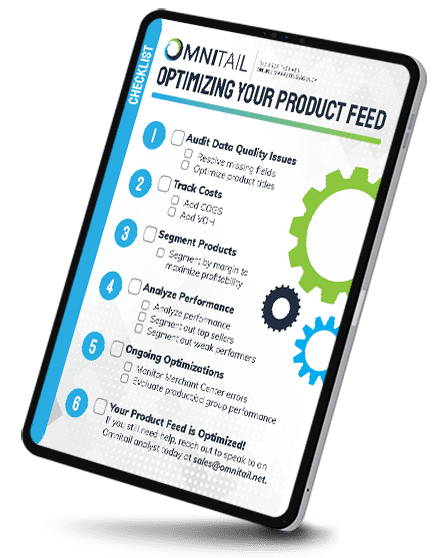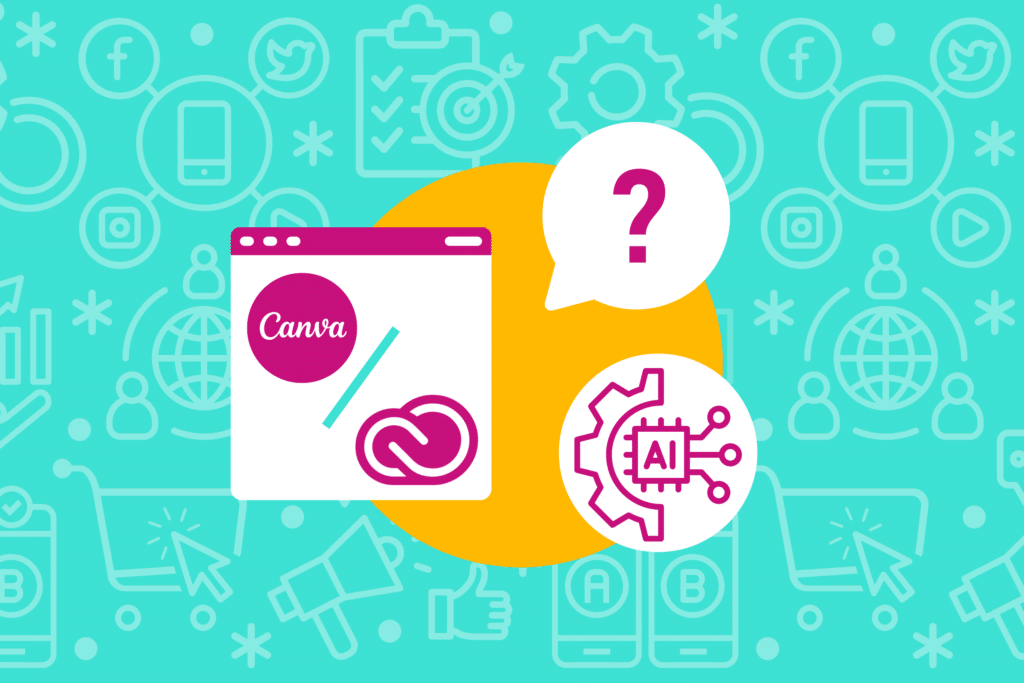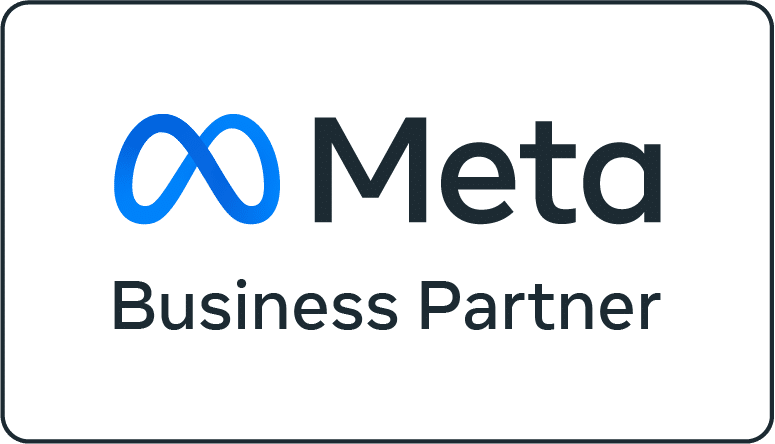Definition
A PPC (pay-per-click) campaign refers to an advertising model where a fee is charged each time an ad is clicked. Goals of this type of campaign include generating leads, sales, or other desired conversion actions through advertisements displayed on platforms like search engines, social media, and websites.
How Marketers Use PPC Campaigns
Marketers utilize PPC campaigns to inexpensively reach ideal audiences and drive qualified traffic. These campaigns are effective because they offer precise targeting based on keywords, quick results, and easy-to-measure metrics like click-through-rate (CTR), cost-per-click (CPC), and conversion rate (CVR). They also provide flexible budgeting options:
- Daily budgets cap ad spend at a specific amount each day. Ads will serve each day until the daily budget is reached. This is ideal for advertisers who are running a campaign based on performance goals and/or know their ad budgets will fluctuate daily. Daily budgets also give advertisers the most control over their ad spend.
- Lifetime budgets set the maximum ad spend for the entire campaign duration. Ad spend will vary daily, weekly, monthly, etc. until the budget is used. This budget option is ideal for advertisers who are running a campaign with a clear end date, but it does give more daily spend control to the platform and its algorithm.
These PPC advantages give advertisers the flexibility to optimize their efforts and achieve specific goals. To learn how online business owners attract shoppers, read our blog post on whether PPC or SEO is better for eCommerce brands.
When you need assistance with your PPC campaigns, reach out to our team. We have the experience and know-how to help your business reach the right shoppers at the right time.








